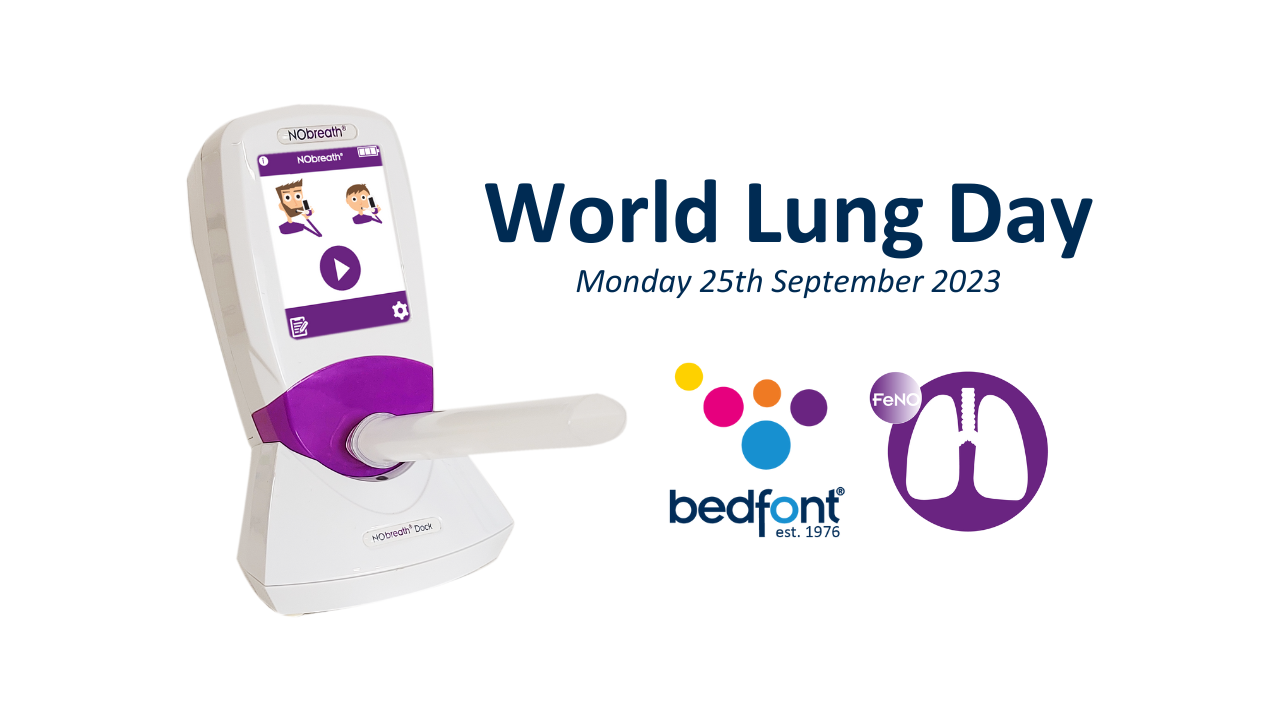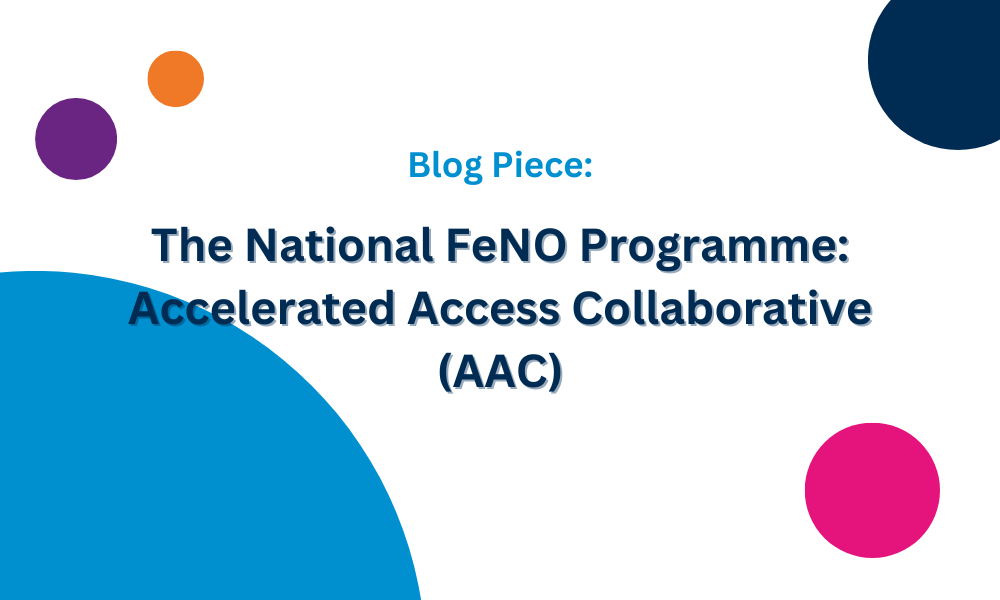Access to prevention and treatment for all. Leave no one behind:
Organised by the Forum of International Respiratory Societies (FIRS) since 2016, World Lung Day is a time for everyone to take a look at what we can do individually and as a society, to work toward clean air and healthy lungs for all. Asthma is closely related to World Lung Day because it is one of the major lung health conditions that the day seeks to address.
Under-diagnosis of asthma
In 2019, asthma affected an estimated 262 million people worldwide1 and led to 455,000 deaths globally2. A study completed by Nolte et al. in 2006 involved 10,877 participants aged 14-44 years old, 11% (1,149) of whom had previously reported asthma symptoms. After further assessment provided by Global Initiative for Asthma (GINA) recommendations, 43% (493) of the 11% were diagnosed with asthma, of which a further 50% (246) had not been diagnosed before3.
When asthma remains undiagnosed or receives inadequate treatment, it can lead to stress, anxiety, or depression, as well as lung infections, hindered growth and delayed puberty in children. Additionally, it can escalate to critical asthma attacks that can be life-threatening4.
FeNO testing and asthma:
The use of FeNO testing, in conjunction with a comprehensive clinical history and additional examinations, contributes to more efficient asthma diagnosis and enhances patient care. Furthermore, it enables the monitoring of patients’ responses to asthma interventions.
FeNO testing can be completed within seconds and provides nearly instantaneous results, compared to traditional testing like spirometry with a bronchodilator test. Thereby ensuring a larger number of individuals receive appropriate treatment for their specific conditions, leading to reduced medication wastage5. In England, a two-year programme from 2021-2023 showed an estimated 58,000 people with newly diagnosed asthma received faster treatment, after more than 1,200 FeNO devices entered primary care6, highlighting the impact FeNO testing can have on asthma care.
Visit https://www.nobreathfeno.com to find out how you can support your patients with FeNO monitoring, with the NObreath® from Bedfont® Scientific Ltd.
References:
- Vos T, Lim SS, Abbafati C, Abbas KM, Abbasi M, Abbasifard M, Abbasi-Kangevari M, Abbastabar H, Abd-Allah F, Abdelalim A, and Abdollahi M. Global burden of 369 diseases and injuries in 204 countries and territories, 1990–2019: a systematic analysis for the Global Burden of Disease Study 2019. The Lancet. 2020;396(10258):1204-1222. DOI: 10.1016/S0140-6736(20)30925-9.
- Asthma [Internet] World Health Organization. 2023. [Cited 24th August 2023]. Available from: https://www.who.int/news-room/fact-sheets/detail/asthma
- Nolte H, Nepper-Christensen S, and Backer V. Unawareness and undertreatment of asthma and allergic rhinitis in a general population. Respiratory medicine. 2006;100(2):354-362. PMID: 16005621. DOI: 10.1016/j.rmed.2005.05.012
- The Global Asthma Report 2018 [Internet]. 2018. [Cited 25th August 2023]. Available from: http://globalasthmareport.org/2018/index.html
- Improving access to FeNO testing in primary care [Internet]. 2023. [Cited 25th August 2023]. Available from: https://www.ahsnnetwork.com/programmes/respiratory-disease/bettering-access-to-feno-testing-in-primary-care/
- New report shows impact of FeNO national programme on asthma care in England [Internet] Primary Care Respiratory Society. 2023. [Cited 24th August 2023]. Available from: https://www.pcrs-uk.org/news/new-report-shows-impact-feno-national-programme-asthma-care-england#:~:text=During%20the%20two%2Dyear%20programme,in%20primary%20care%20in%20England.


